Last Updated on September 7, 2024 by Chief Pajama Officer
Affiliate marketing can be an exciting way to make money from home, but there’s a hidden obstacle that might be holding you back more than you realize. It’s called loss aversion. This common behavioral economics concept could be quietly sabotaging your efforts without you even knowing it. Ask me how I know?
But no worries, by understanding how loss aversion works, you can overcome this psychological hurdle and unlock your full potential in affiliate marketing. In this article, we’ll break down what loss aversion is, how it impacts your decisions in affiliate marketing, and most importantly, how to beat it.
What Is Loss Aversion?
At its core, loss aversion is the idea that people fear losses more than they value equivalent gains. It’s not just a simple preference either. Research shows that losses feel about twice as bad as gains feel good. For example, the pain of losing $100 feels much worse than the joy of gaining $100.
This concept is a cornerstone of behavioral economics, a field that examines how psychological factors influence economic decisions. While traditional economics assumes people always act rationally, behavioral economics acknowledges that our decisions are often influenced by biases, emotions, and fears.
How Loss Aversion Affects Your Affiliate Marketing
Affiliate marketing is all about taking calculated risks… It’s investing time in learning new skills, spending money on tools and resources, or simply promoting a new product that may or may not work out. The problem? Loss aversion can make you overly cautious and afraid to take these necessary risks, all in the name of avoiding potential failure.
Here’s how loss aversion might show up in your affiliate marketing efforts…
Hesitating to Invest in Tools and Resources
You know that the right tools (like email marketing software or website hosting) can help you grow your affiliate business. But when it comes time to pull the trigger, the thought of losing money often outweighs the potential benefits in your mind. You might convince yourself that the free tools are “good enough” to avoid the possibility of wasting money.
But by hesitating to invest in quality resources, you may be stunting your growth. Overcoming this fear of loss requires recognizing that smart investments are often necessary to level up.
Fear of Failure When Choosing Products to Promote
Choosing the right product to promote can feel like a gamble. What if it doesn’t sell? What if you waste time and effort promoting something no one wants?
This fear of failure can cause paralysis by analysis. Instead of confidently promoting a product, you end up second-guessing yourself, delaying your decision, or worse, not promoting anything at all. This is a classic case of loss aversion. You become more focused on avoiding the potential loss (in this case, a lack of sales) than on the possibility of a big win.
Playing It Too Safe With Content Creation
Creating content is essential in affiliate marketing, whether it’s blog posts, YouTube videos, or social media posts. However, loss aversion can make you play it too safe. You might stick to content that feels comfortable or less risky, avoiding more challenging / out of your comfort zone content that could have a bigger payoff.
Maybe you avoid controversial opinions or fail to experiment with new formats because you’re afraid of backlash or failure. But by doing so, you’re missing out on potential opportunities to differentiate yourself from the crowd and truly connect with your audience.
How to Overcome Loss Aversion in Affiliate Marketing
So, how do you beat this invisible force that’s holding you back? Here are a few strategies to help you conquer loss aversion and start taking calculated risks that will lead you to success…
Reframe Your Mindset on Failure
One of the best ways to overcome the fear of failure is to reframe how you think about it. Instead of seeing failure as something to be avoided at all costs, start viewing it as a learning opportunity.
In affiliate marketing, failure isn’t the end of the road. It’s a stepping stone toward success. If a product doesn’t perform well, you’ve gained valuable insight into what your audience wants and what doesn’t work. Use that information to make better choices going forward.
Focus on Potential Gains
A key part of beating loss aversion is shifting your focus from what you might lose to what you could gain. Instead of dwelling on the possibility of failure or wasted resources, start thinking about the positive outcomes that could result from taking calculated risks.
For example, instead of worrying about the cost of a premium email marketing tool, consider the potential for increased conversions and long-term revenue that the tool could help you achieve. Keeping your eyes on results makes the initial investment feel less daunting.
Start Small and Scale Gradually
If the thought of taking big risks feels too overwhelming, start with small, manageable steps. This can help ease your anxiety and build your confidence over time.
For instance, instead of throwing all your resources into one big product promotion, try promoting a few smaller, lower-risk products first. Once you’ve seen some success, you can scale up your efforts and take on bigger challenges. By building momentum gradually, you’ll naturally become more comfortable with risk.
Seek Support and Accountability
It’s easy to let fear and loss aversion stop you when you’re working solo. That’s why finding a community of like-minded individuals who can provide support and accountability can make all the difference.
Join affiliate marketing forums, Facebook groups, or even mastermind groups to surround yourself with people who understand your challenges and can offer encouragement. Sometimes, just knowing you’re not alone in your journey can help you push past the fear of failure.
Wrap Up
Loss aversion is a powerful force, but it doesn’t have to stand in the way of your affiliate marketing success. By understanding how this behavioral economics concept works, you can recognize when fear of failure is holding you back. And take steps to overcome it.
Remember, affiliate marketing is all about taking calculated risks, learning from your mistakes, and staying focused on the long-term gains. Don’t let the fear of loss stop you from reaching your full potential. With the right mindset, strategy, and support, you can turn those fears into fuel for success.


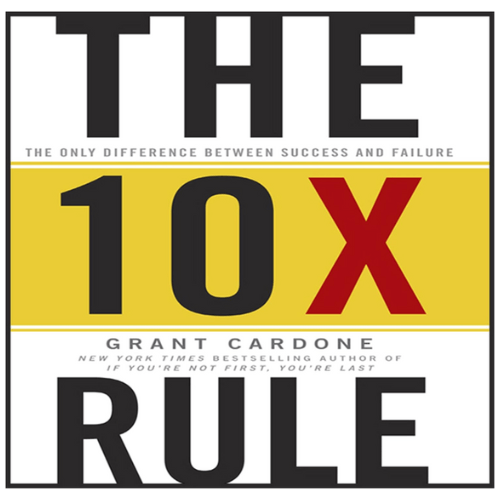
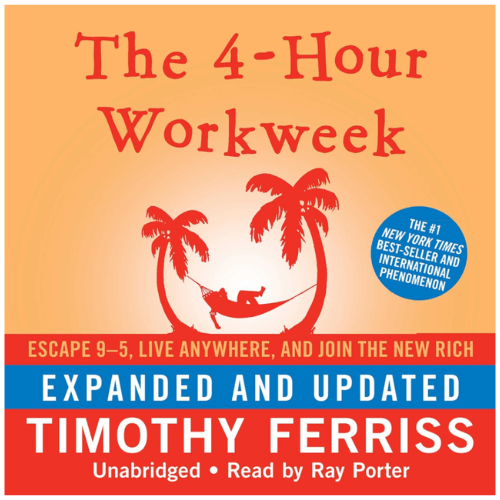
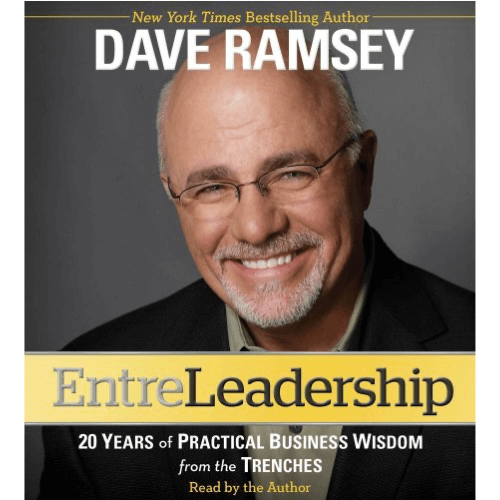

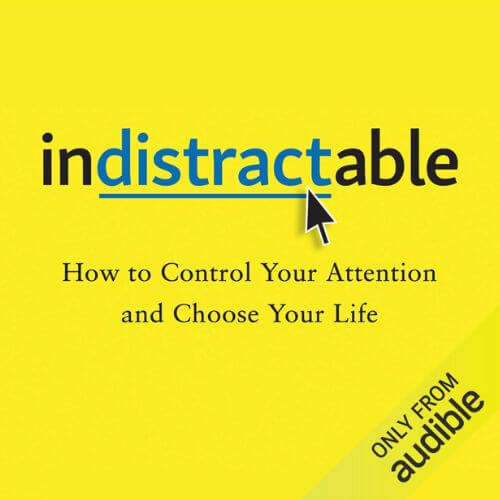

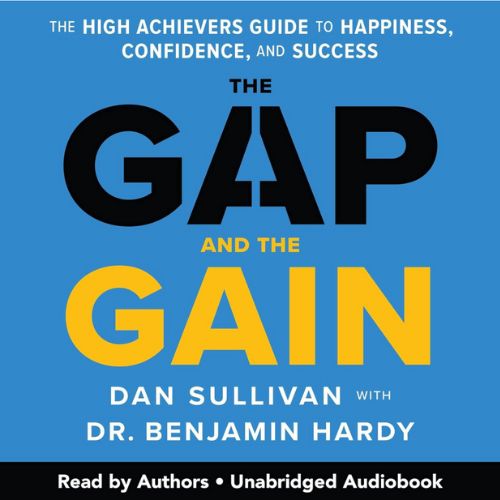
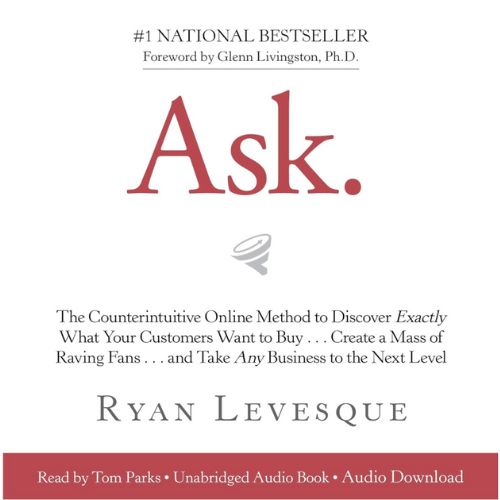
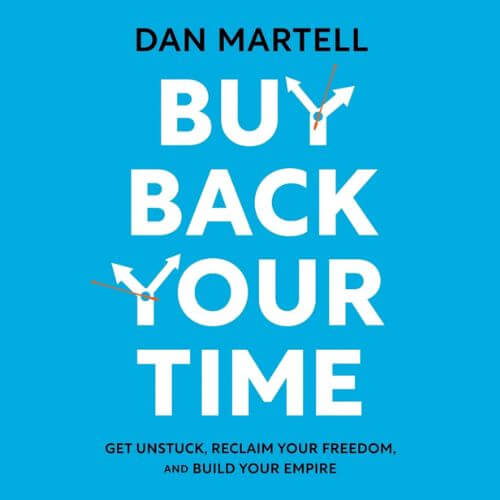
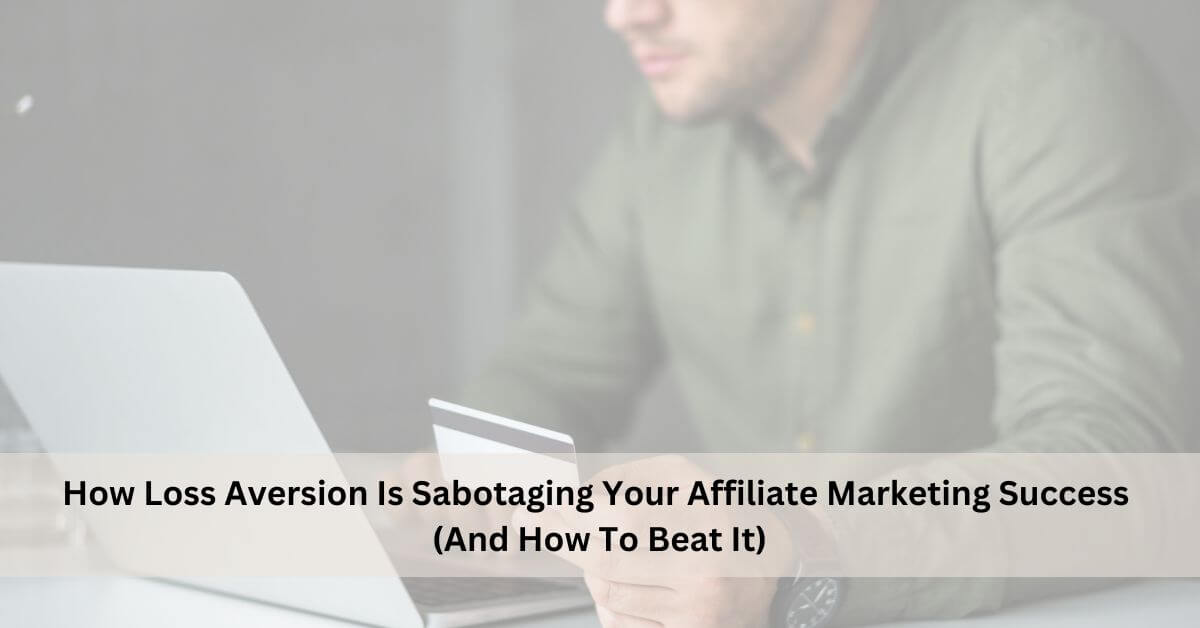

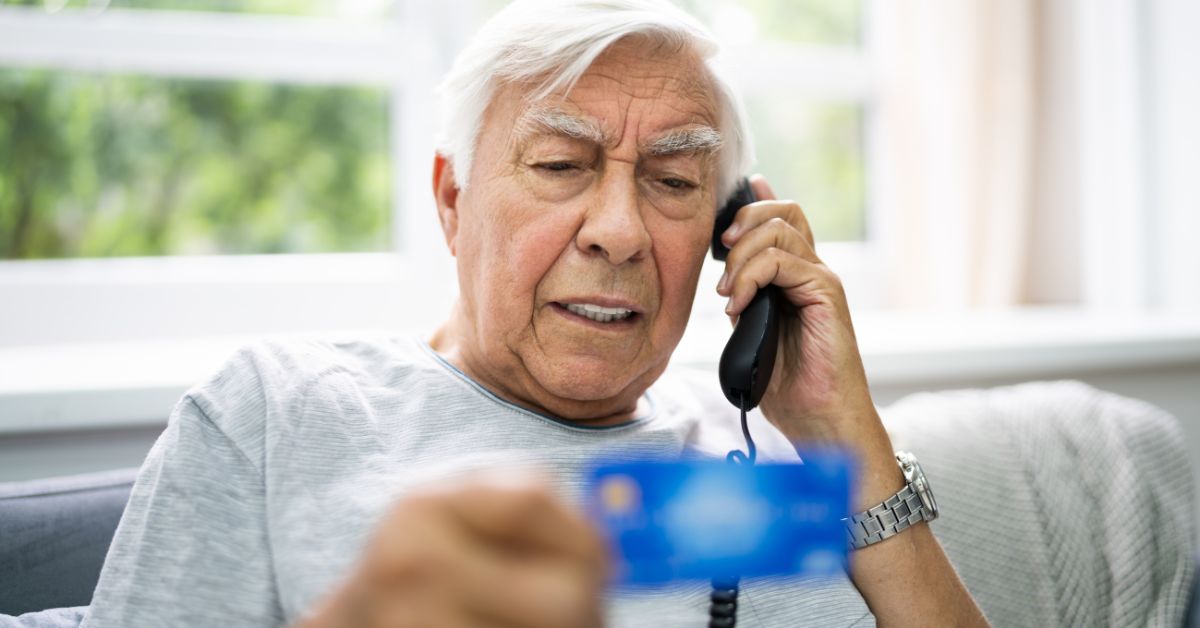
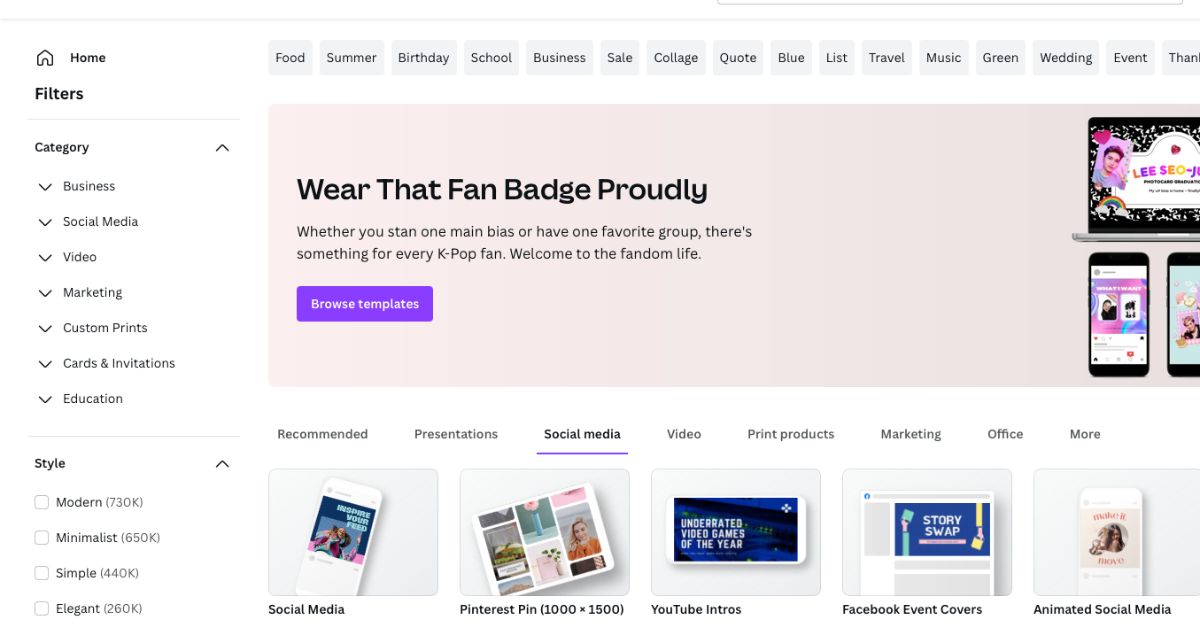


This is such a valuable article! And, I absolutely love the name! I really hadn’t considered how loss aversion could impact decisions in affiliate marketing until now. It’s amazing how much our mindset can affect progress. I especially found the part about playing it too safe with content creation to be eye-opening. It made me realize that staying in my comfort zone may actually be limiting growth.
One question I have is about balancing calculated risks with long-term stability. How do you personally determine when it’s time to take a bigger risk in affiliate marketing, and what signs should we look for to make sure it’s the right move?
Thank you for the thoughtful comment! I’m glad the article resonated with you. It’s true that staying in a comfort zone can often feel safe, but it also holds us back from real growth. I still battle it once in a while but I now have that awareness.
As for your question about balancing calculated risks with long-term stability… Personally, I like to evaluate the potential upside of a risk versus the downside. And I do this by looking at data. I’ll run campaigns and compare it over multiple runs and when I realize a significant improvement occurs, that’s when I put a little heat and scale. Or with social media, you try different different tactics and when you see that the engagement has doubled, quadrupled or have gone viral, then you make more content like that.
These are a few signs that might lead me take a bigger risk… when you plateau and growth is not what it once was, when you see a a gap in the market that you can serve that others aren’t, or when your audience are showing greater interest or demand in your offer or content.
Ensure the risk is informed and supported by evidence or a solid gut feeling based on experience NOT SPECULATION..
Taking calculated risks can push your business to the next level, but maintaining some level of stability ensures you’re not overexposing yourself. It’s all about the balance!
Continually revisit and re-evaluate your results and adjust as needed.
Hi!
This is such a thought-provoking post! I’ve definitely noticed how fear of losing time or money has held me back from making bolder choices in my affiliate marketing journey. This can be multiplied when you have a spouse or SO that you feel may not be totally on board with using valuable resources on something they feel may not succeed. It’s eye-opening to see how loss aversion sneaks into decisions like avoiding investments in the right tools or hesitating to promote a product that might not sell. The strategies you shared for overcoming this mindset are incredibly helpful—I especially like the idea of reframing failure as a learning opportunity.
How do you suggest finding the right balance between taking calculated risks and not overextending yourself in affiliate marketing?
– Scott
Thanks Scott for your response! Been there and I get it. As far as finding that balance between taking calculated risks and not overextending yourself when doing affiliate marketing, I’d key in on these factors…
Start small and scale when the data gives you clues, use tools and learn them so you can get the best ROI, know your audience (what they eat, why the can’t sleep at night, the words they speak, etc), limit distractions and set boundaries on losses (BIG ONE).
Hope that helps 🙏
Robert